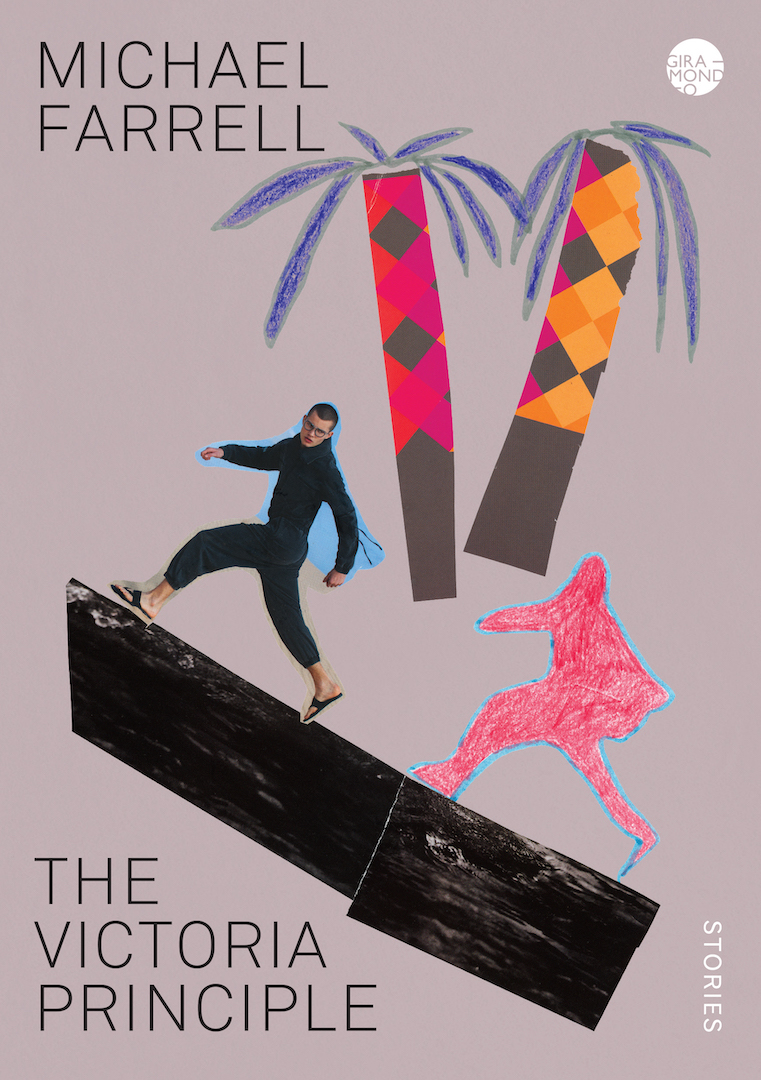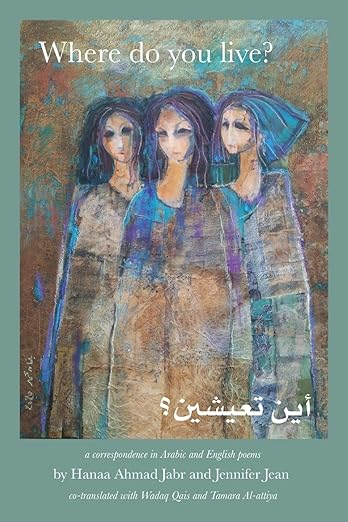 Gaythwaite’s sheer wittiness is a delight, even without the gripping moral dilemmas that propel the stories forward and the vivid, often morally questionable but nevertheless endearing characters who bring the plots alive. The reader turns the pages to see how their situations are resolved – or not resolved.
Gaythwaite’s sheer wittiness is a delight, even without the gripping moral dilemmas that propel the stories forward and the vivid, often morally questionable but nevertheless endearing characters who bring the plots alive. The reader turns the pages to see how their situations are resolved – or not resolved.
Category: Literary Fiction Reviews
A review of Your Place in This World by Jake La Botz
 Jake La Botz writes with a bruised, musical lyricism, capturing revelations that arrive not through grand redemption but through small, fleeting graces. His stories linger in the aftermath of failure, curious about what it means to find beauty, dignity, and purpose amid addiction, poverty, and social abandonment in Chicago’s forgotten neighborhoods. La Botz does not romanticize poverty or misfortune; instead, he demands on showcasing his characters’ humanity.
Jake La Botz writes with a bruised, musical lyricism, capturing revelations that arrive not through grand redemption but through small, fleeting graces. His stories linger in the aftermath of failure, curious about what it means to find beauty, dignity, and purpose amid addiction, poverty, and social abandonment in Chicago’s forgotten neighborhoods. La Botz does not romanticize poverty or misfortune; instead, he demands on showcasing his characters’ humanity.
A review of We Had it Coming and other fictions by Luke O’Neil
 There’s a strong sense of place throughout the collection, but with the shading of resigned desperation, almost as keen as describing a memory while it is still being formed. O’Neil often points to the small tortures of acknowledging the sharpness of reality alongside and our shared passivity: “Being lied to isn’t so bad sometimes compared to being aware of how things actually are. You wouldn’t want to go around like that for very long. No one wants to know all the secrets.”
There’s a strong sense of place throughout the collection, but with the shading of resigned desperation, almost as keen as describing a memory while it is still being formed. O’Neil often points to the small tortures of acknowledging the sharpness of reality alongside and our shared passivity: “Being lied to isn’t so bad sometimes compared to being aware of how things actually are. You wouldn’t want to go around like that for very long. No one wants to know all the secrets.”
New giveaway!
 We have a copy of The Woman in the Ship by Sapphira Olson to give away!
We have a copy of The Woman in the Ship by Sapphira Olson to give away!
To win, sign up for our Free Newsletter on the right-hand side of the site and enter via the newsletter. Winner will be chosen by the end of January from subscribers who enter via the newsletter. Good luck!
New giveaway!
 We have a copy of Behind These Four Walls by Yasmin Angoe to give away!
We have a copy of Behind These Four Walls by Yasmin Angoe to give away!
To win, sign up for our Free Newsletter on the right-hand side of the site and enter via the newsletter. Winner will be chosen by the end of January from subscribers who enter via the newsletter. Good luck!
A review of The Old Man by the Sea by Domenico Starnone
 If identity is to be found in reviewing “key moments” in life and not be trapped by “sentimental life . . . so full of hiding places,” then Starnone’s novel must be read like a detective novel that travels in time and space, all from the comfort of a beach chair in which an old man sits by the sea, waiting to catch the fish of a lifetime, gold and shimmering, one filled with promise and food for a tired soul.
If identity is to be found in reviewing “key moments” in life and not be trapped by “sentimental life . . . so full of hiding places,” then Starnone’s novel must be read like a detective novel that travels in time and space, all from the comfort of a beach chair in which an old man sits by the sea, waiting to catch the fish of a lifetime, gold and shimmering, one filled with promise and food for a tired soul.
A review of Fit Into Me by Molly Gaudry
 So many of Gaudry’s sentences, from the very first – “Because most nights during the final semester of my MFA at George Mason University, while recovering from a mild traumatic brain injury, I fell asleep watching Prison Break on my laptop in bed.” – to the penultimate sentence – “Because words, imagined in the greatest yearning, as a means of finding love, defining it; as a means of shaping it (This is how it feels, this is where it hurts) and sharing with others its permutations, astonishments, exaltations, and erosions.” – seem to offer an explanation for some unstated condition.
So many of Gaudry’s sentences, from the very first – “Because most nights during the final semester of my MFA at George Mason University, while recovering from a mild traumatic brain injury, I fell asleep watching Prison Break on my laptop in bed.” – to the penultimate sentence – “Because words, imagined in the greatest yearning, as a means of finding love, defining it; as a means of shaping it (This is how it feels, this is where it hurts) and sharing with others its permutations, astonishments, exaltations, and erosions.” – seem to offer an explanation for some unstated condition.
A review of The Victoria Principle by Michael Farrell
 By keeping close to home, the pieces in this collection challenge notions of what is and isn’t real, undermining notions of memoir, which is a construct no matter how it’s labelled. It makes for consistently entertaining, and often challenging reading that encourages uncertainty. This shift between memoir, fiction and poetry feels seamless, challenging the reader to re-examine notions of identity, history art.
By keeping close to home, the pieces in this collection challenge notions of what is and isn’t real, undermining notions of memoir, which is a construct no matter how it’s labelled. It makes for consistently entertaining, and often challenging reading that encourages uncertainty. This shift between memoir, fiction and poetry feels seamless, challenging the reader to re-examine notions of identity, history art.
A review of Final Curtain edited by Steve Berman
 Final Curtain is a well curated collection featuring a pleasant variety of stories and interesting perspectives and interpretations of the characters and themes of The Phantom of the Opera. The period pieces are heavy and languid, broken up effectively by modern retellings, more experimental works, and the doings of cats. Choosing classical in style pieces at the fore and aft of the anthology was a masterful choice; one prepares you for what follows, the latter closes the loop; the audience at the theater retreat satisfied.
Final Curtain is a well curated collection featuring a pleasant variety of stories and interesting perspectives and interpretations of the characters and themes of The Phantom of the Opera. The period pieces are heavy and languid, broken up effectively by modern retellings, more experimental works, and the doings of cats. Choosing classical in style pieces at the fore and aft of the anthology was a masterful choice; one prepares you for what follows, the latter closes the loop; the audience at the theater retreat satisfied.
A review of Where do you live? by Hanaa Ahmad Jabr and Jennifer Jean
 The job of creative individuals, then, is to bear witness to the horrors inflicted by those who would destroy “our distant spark of light.” We must resist and carry our light into the future. Our task, says Where do you live?, is to be constantly raw , constantly attuned to these insults. We must feel them, record them, and keep going.
The job of creative individuals, then, is to bear witness to the horrors inflicted by those who would destroy “our distant spark of light.” We must resist and carry our light into the future. Our task, says Where do you live?, is to be constantly raw , constantly attuned to these insults. We must feel them, record them, and keep going.